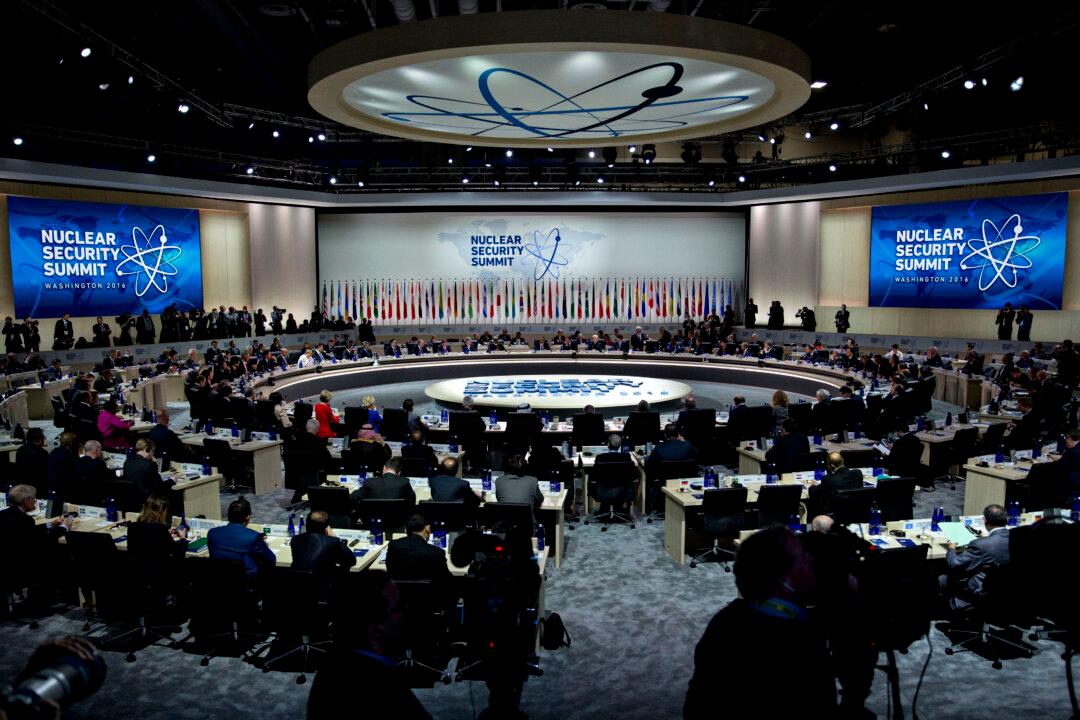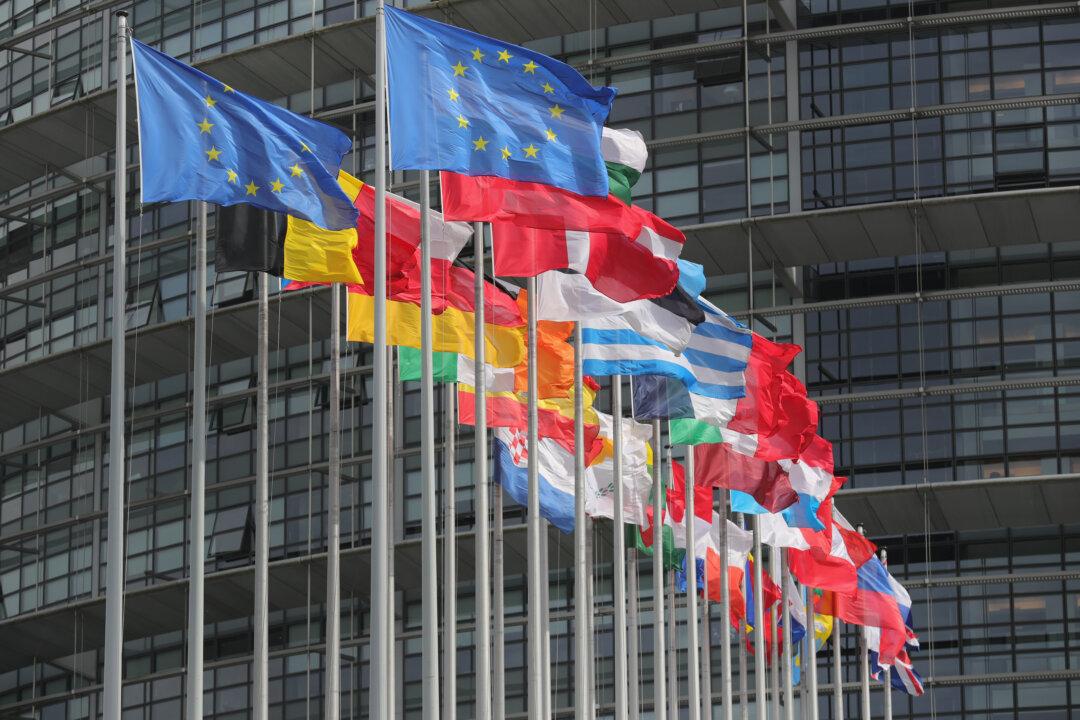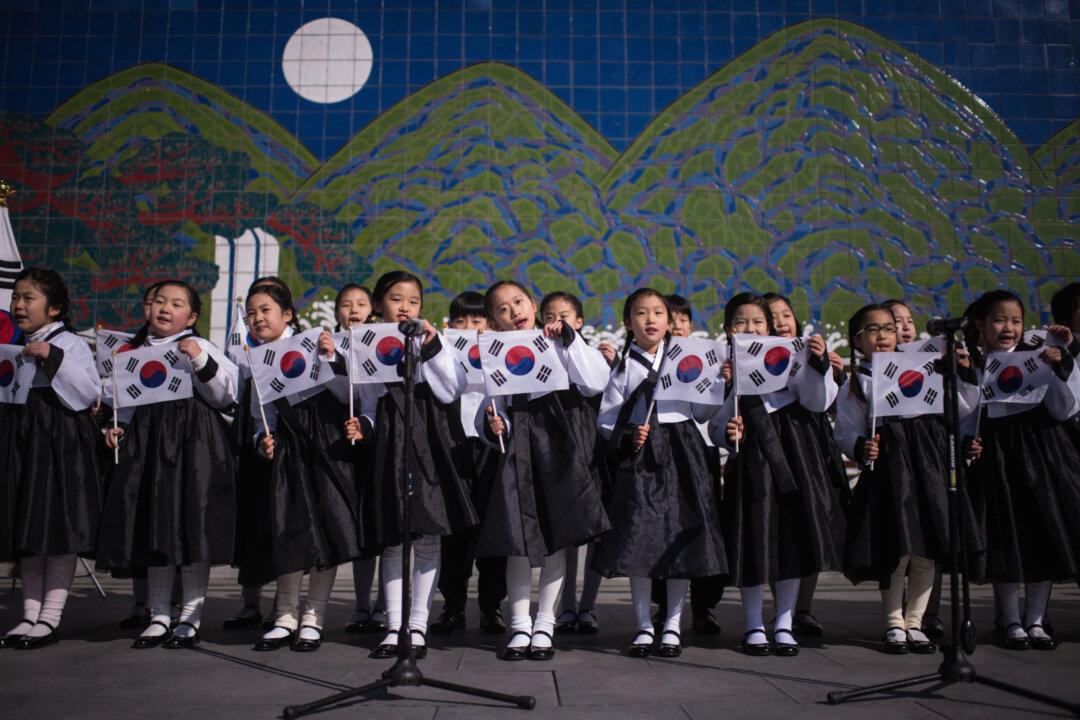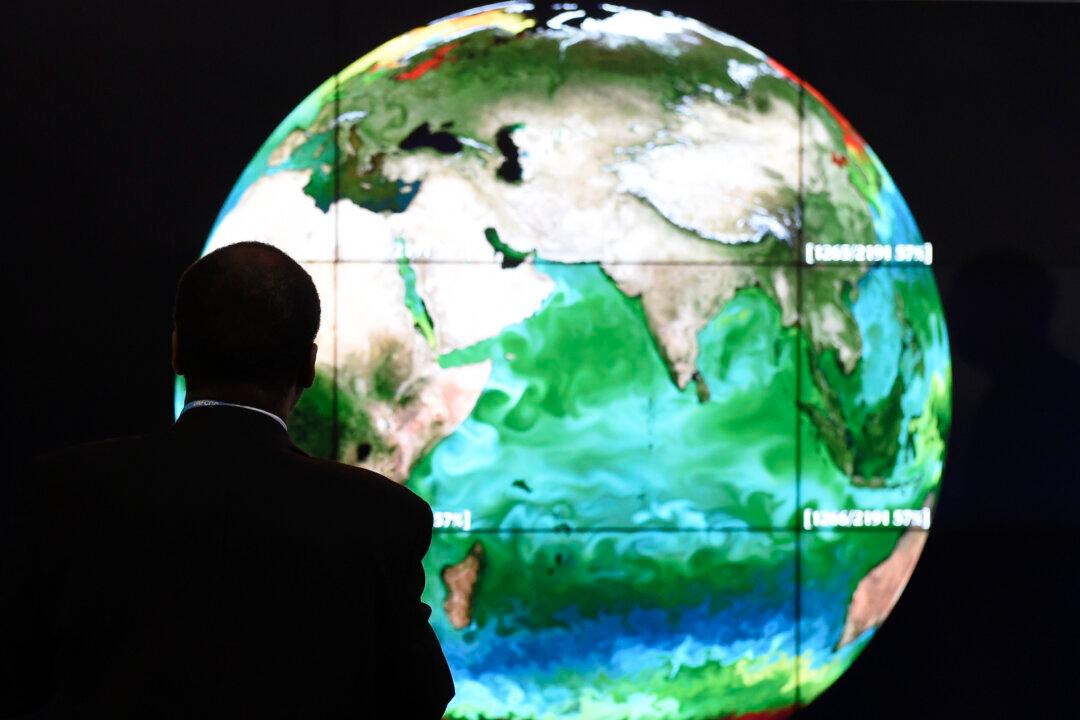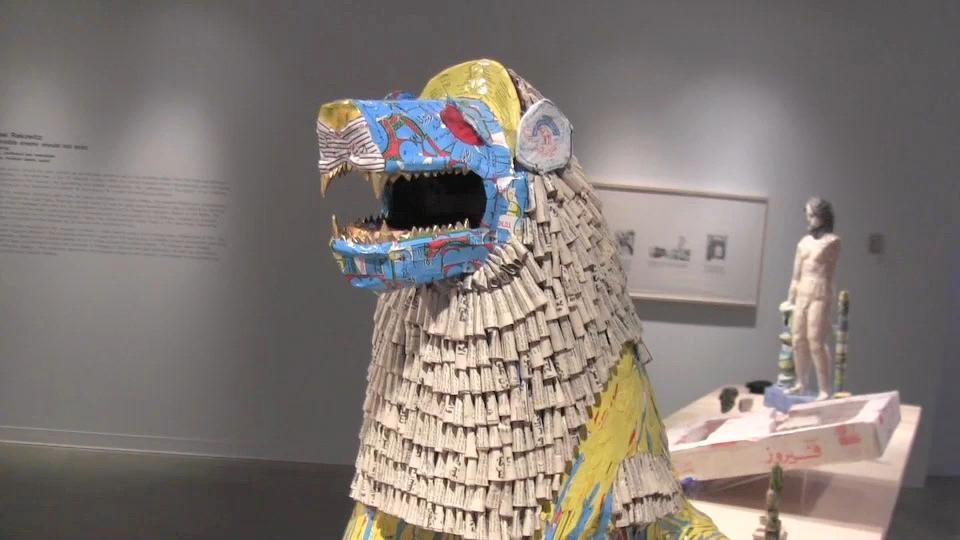In 2012, a year before he died, the distinguished political scientist Kenneth Waltz wrote an article in Foreign Affairs arguing that everyone should stop worrying about Iran getting a nuclear weapon. He didn’t think that Iran was likely to voluntarily abandon its efforts to acquire a nuke. Nor did he think that the country would be satisfied with a “break-out” capability—staying just outside the nuclear club by having sufficient material and expertise to build and test a weapon within a short space of time.
Instead, Waltz thought it inevitable that Iran, like North Korea, would eventually go nuclear. Counter-intuitively, he believed that this “would probably be the best possible result: the one most likely to restore stability to the Middle East.”
